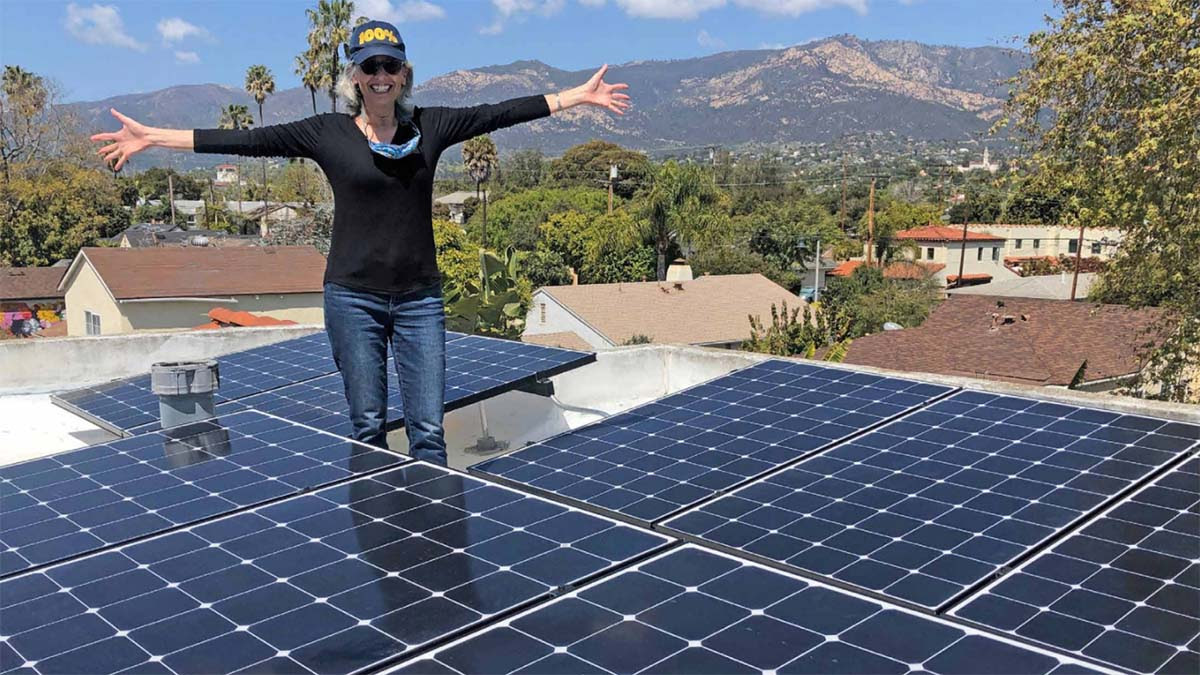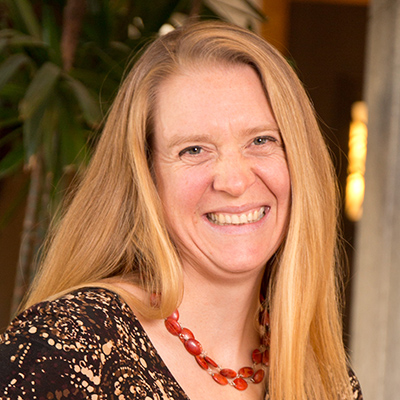
Clean energy homes & buildings
Steps Massachusetts can take to make sure our buildings run on clean renewable energy
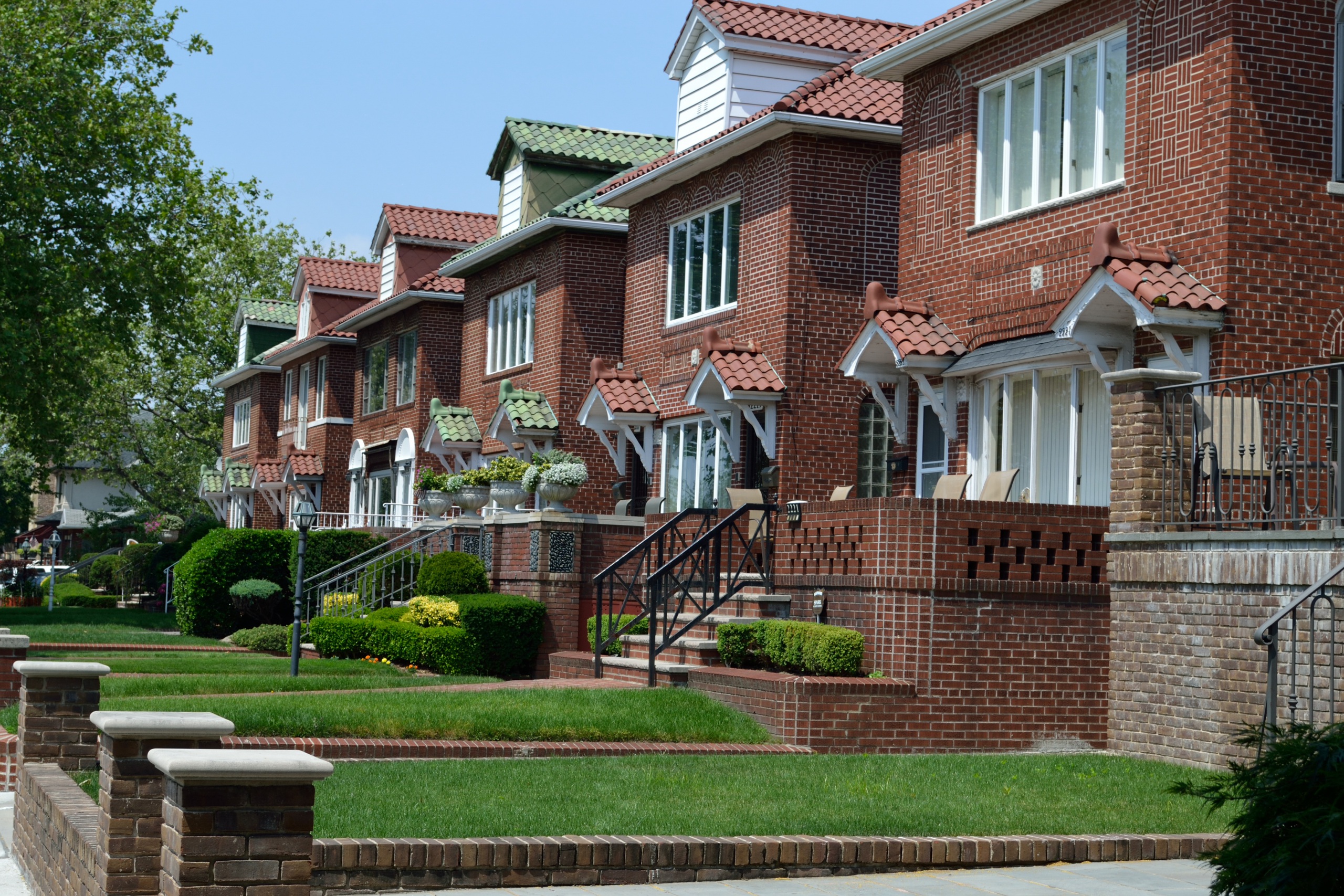
We have the ability to power our society with 100% renewable energy from the sun, the wind and the warmth of the Earth. One step to realizing that vision is making sure our homes, workplaces and other buildings are ready to use the renewable energy we harness.
We have a ways to go. In 2019, three out of every four American homes still relied on fossil fuels for heating, hot water or to run appliances. That fossil fuel dependence contributes to a host of environmental and public health problems, including global warming.
At a time when renewable energy sources are more widely available and more affordable than ever, making sure our buildings can run on electricity created from the power of the sun and the wind is the next phase of America’s clean energy journey.
Switching to clean, efficient and electric technologies like heat pumps for space and water heating and induction cook stoves can lead to less indoor and outdoor air pollution which means cleaner air for us to breathe. It also means less water pollution, reduced energy waste which can lead to more affordable utility bills, and greener communities overall.
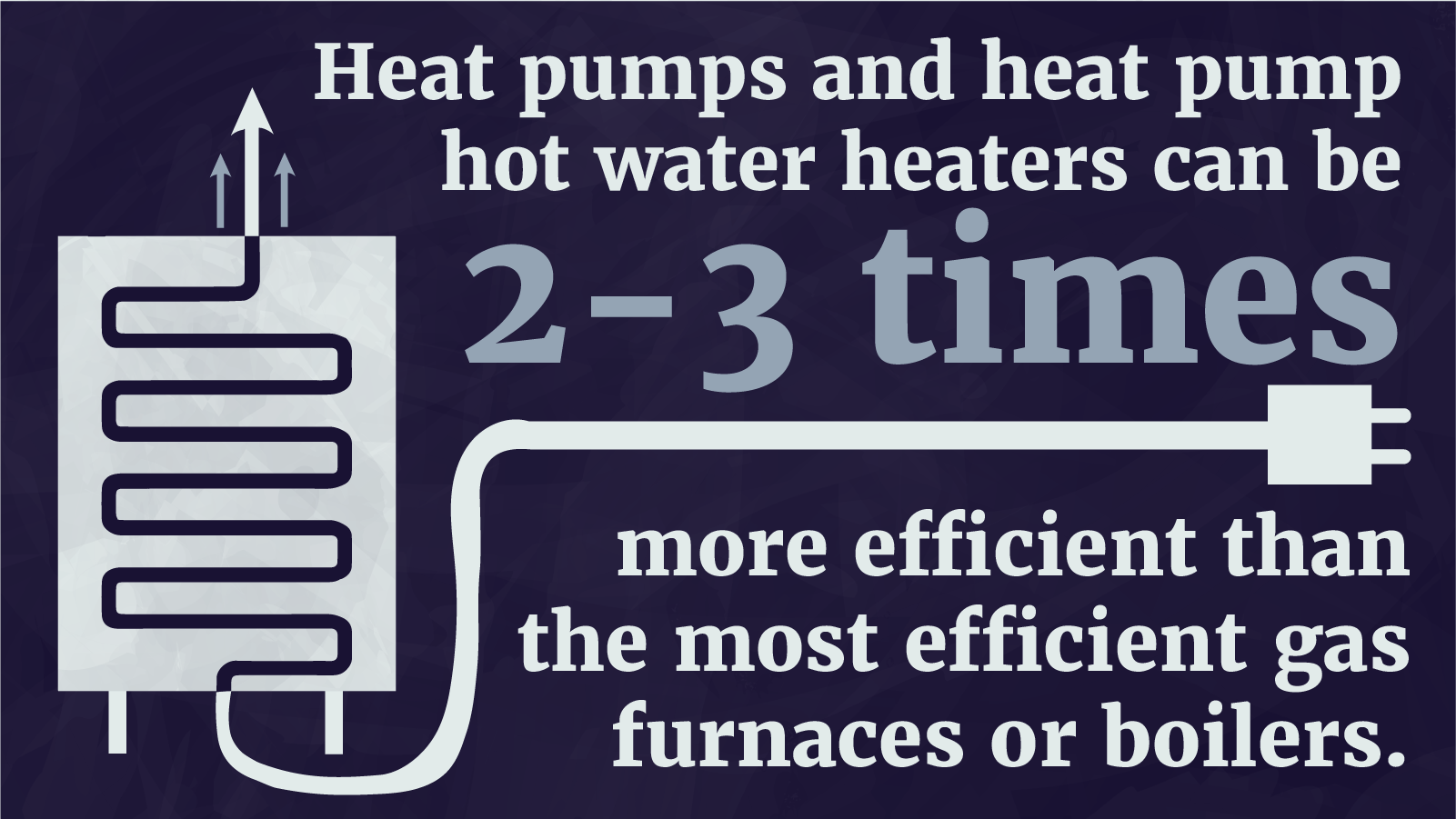
Every day that we don’t switch to clean, electric energy use in our homes is an opportunity wasted. Fossil fuel systems have long lifetimes, so any new systems installed in the next few years will keep us locked into another decade or so of dirty energy. It’s time to start relying on efficient, electric appliances that will protect our air, water, land and climate.
Several bills currently being considered in Massachusetts provide crucial opportunities to move towards cleaner, greener homes. They include:
● The Better Buildings Act, which would require large residential and commercial buildings to report their energy consumption to the Department of Energy Resources (DOER) and to reduce their energy use and greenhouse gas emissions over time. The least energy efficient of these would be required to reduce their energy use or greenhouse gas emissions by at least 20% over five years. These standards will achieve an 80% emissions reduction from large buildings by 2040.
● The 100% Clean Act, which would commit Massachusetts to use 100% clean energy for heating by 2045. It would also require new homes to be built fossil-fuel-free by 2025, and extend the same requirement to commercial buildings by 2030.
Top leaders in the Legislature — including the Senate President, Speaker of the House, and chairs of the energy committee — have already expressed interest in passing climate legislation this session. But without a concerted effort to push for ambitious policy, we’ll likely end up with a watered-down bill that fails to meet the challenges of the moment.
Click here to urge your legislators to support the 100% Clean Act.
More resources:
What it’s like to install a heat pump?
Clean energy tech explained: induction stove
Clean energy tech explained: Heat pump
Clean energy tech explained: heat pump hot water heater
Ten Ways Your Community Can Go All-electric
Topics
Authors
Johanna Neumann
Senior Director, Campaign for 100% Renewable Energy, Environment America
Johanna directs strategy and staff for Environment America's energy campaigns at the local, state and national level. In her prior positions, she led the campaign to ban smoking in all Maryland workplaces, helped stop the construction of a new nuclear reactor on the shores of the Chesapeake Bay and helped build the support necessary to pass the EmPOWER Maryland Act, which set a goal of reducing the state’s per capita electricity use by 15 percent. She also currently serves on the board of Community Action Works. Johanna lives in Amherst, Massachusetts, with her family, where she enjoys growing dahlias, biking and the occasional game of goaltimate.
Find Out More
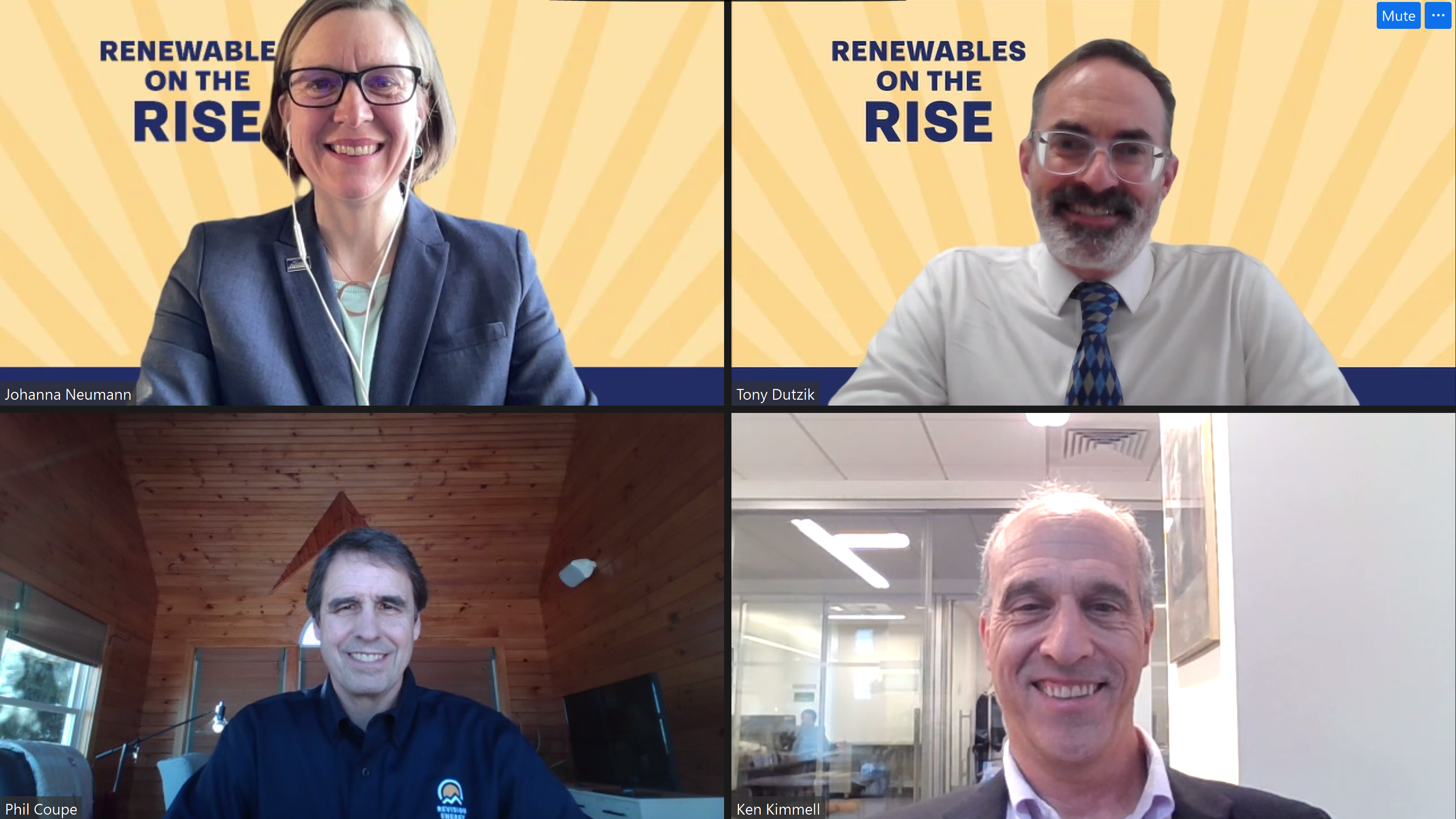
Key takeaways from Renewables on the Rise: Success Stories
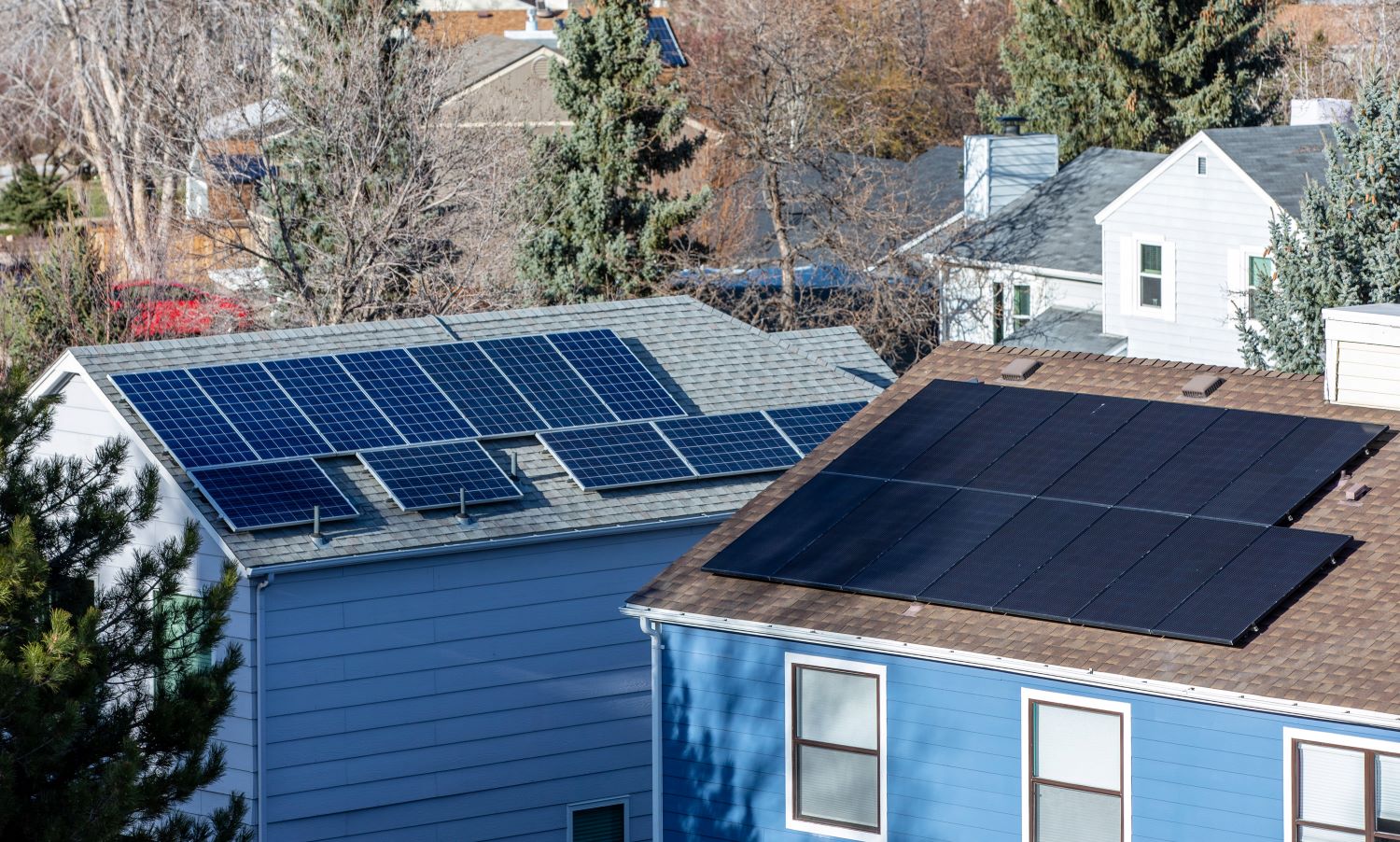
Let us now praise rooftop solar: A tale from New England
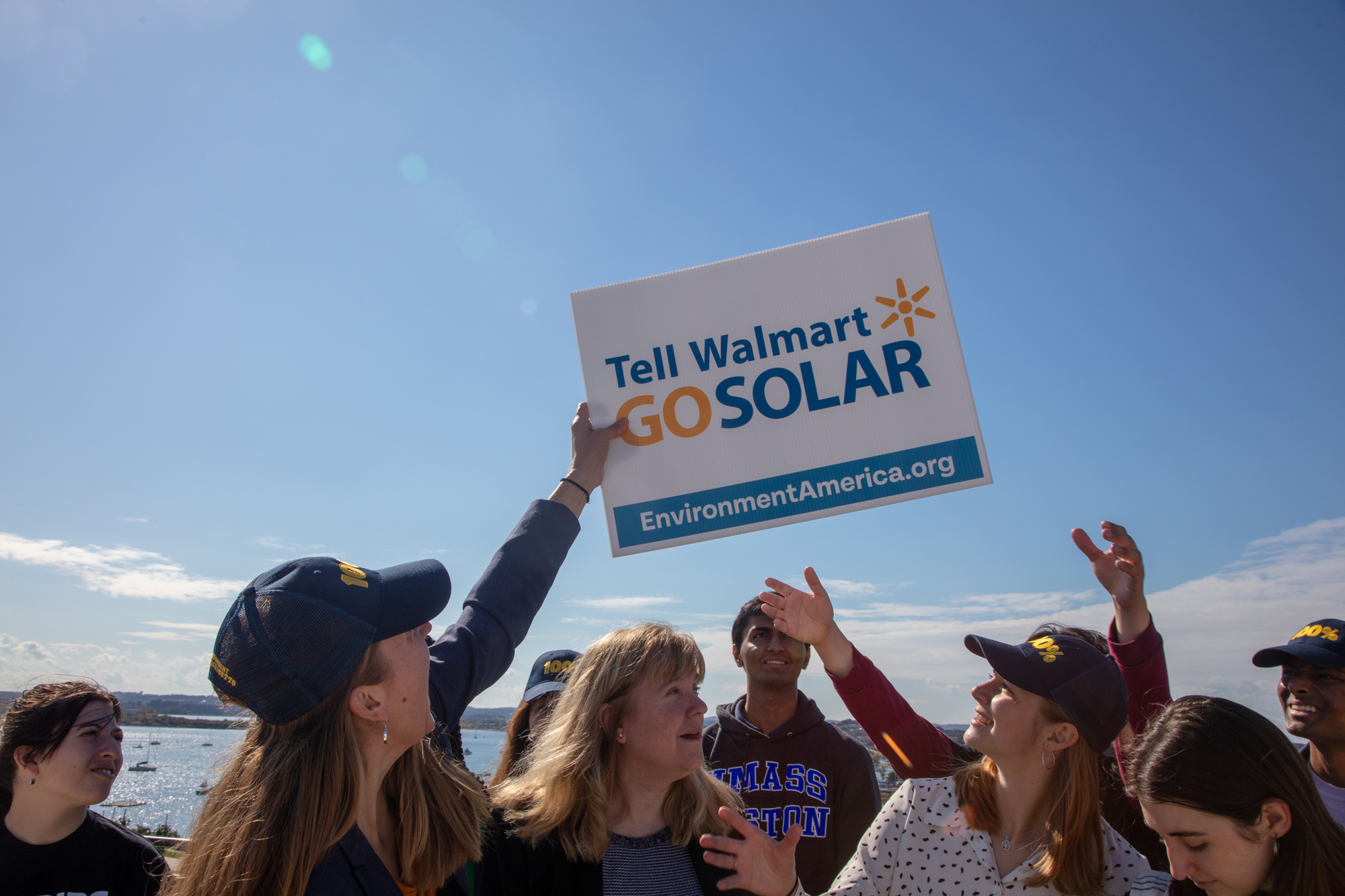
Which 10 American retailers can lead the way on rooftop solar?
